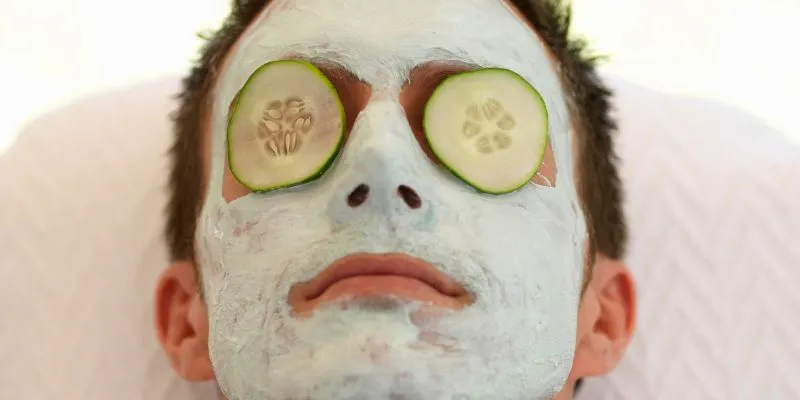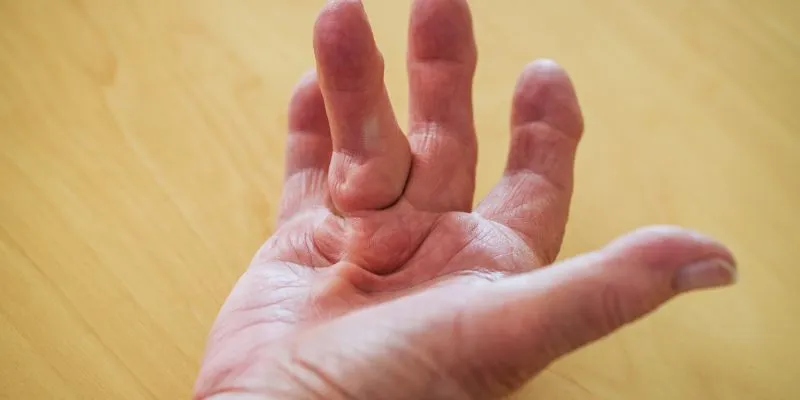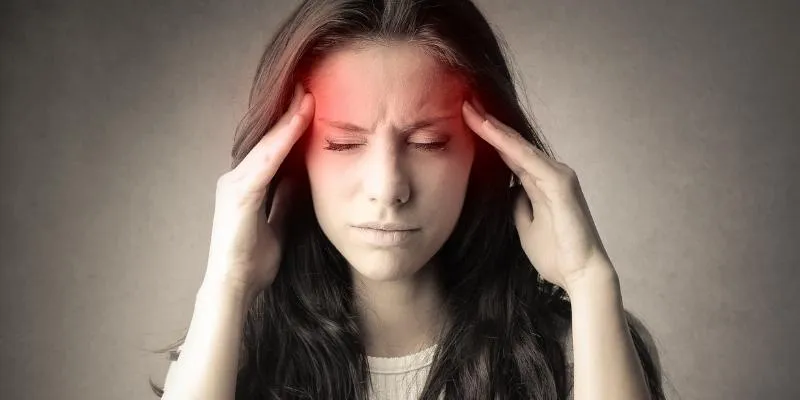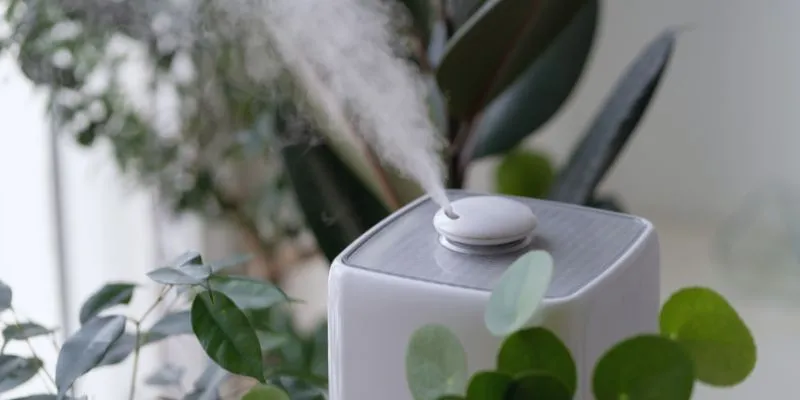Dangers Of Black Mold On Health
Many dwellings, especially in damp and poorly ventilated environments, carry a concealed black mold risk. It usually goes unseen until health issues impact you and your family. Scientifically known as Stachybotrys chartarum , this deadly mold flourishes in humid environments and, left unbridled, can pose major health hazards. From aggravating allergies to major respiratory problems, black mold’s consequences for health are frightening.
Homeowners must first understand black mold and its hazards. Early recognition of symptoms and quick response will help safeguard your family’s welfare and prevent expensive damage. This guide describes black mold, its health hazards, and why rapid resolution is important. Discover how to protect your house and health against this often-occurring but dangerous issue.
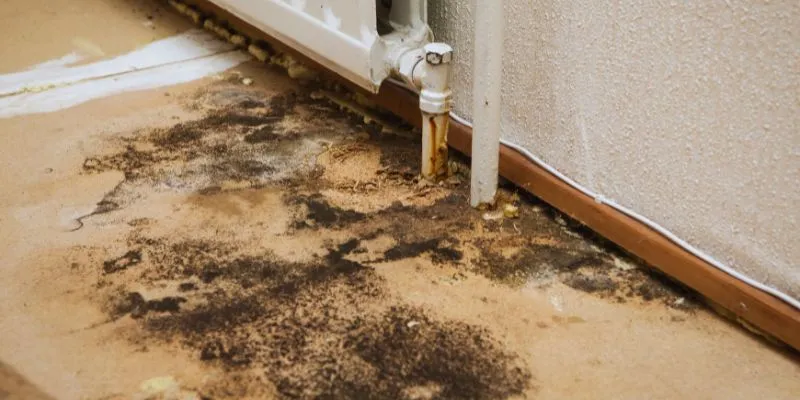
What is Black Mold?
Black mold, scientifically known as Stachybotrys chartarum , is a fungus growing in moist, humid, and poorly ventilated surroundings. It usually appears as black or dark green streaks on walls, ceilings, flooring, and furniture, particularly in cases of extra moisture resulting from leaks, flooding, or high humidity levels. This mold flourishes on wood, drywall, insulation, and cloth. Black mold’s capacity to disseminate by microscopic spores expelled into the atmosphere raises the primary issues.
Mycotoxins, poisonous compounds found in these spores, can cause major medical problems if breathed or come into touch. Black mold is very dangerous, unlike other forms of mold, because it can cause long-term health concerns, including allergic reactions and respiratory problems. Common places for black mold growth are basements, bathrooms, kitchens, and anywhere with regular wetness. Untreated, it can seriously compromise your health and seriously harm your house.
Dangers of Black Mold on Health
For susceptible people, including children, the elderly, and those with pre- existing diseases, black mold exposure can cause various health issues. Finding and handling mold problems in your house depends on an awareness of these risks. The following are some of the primary health concerns connected to black mold exposure:
| Health Concern | Description |
|---|---|
| Respiratory Issues | Black mold spores might irritate the lungs, throat, and nose, leading to symptoms like coughing, wheezing, and nasal congestion. Asthma patients are at higher risk. |
| Allergic Reactions | Black mold can trigger allergic reactions such as a runny nose, skin rashes, and itchy eyes. Prolonged exposure may worsen these symptoms. |
| Toxic Mold Syndrome | Prolonged exposure to mycotoxins can lead to symptoms like fatigue, headaches, and cognitive issues resembling chronic fatigue syndrome. |
| Weakened Immune System | Exposure to black mold can impair the immune system, increasing susceptibility to infections, especially in immunocompromised individuals. |
| Mental Health Effects | Mycotoxins can affect mental health, leading to symptoms like anxiety, depression, and cognitive difficulties. |
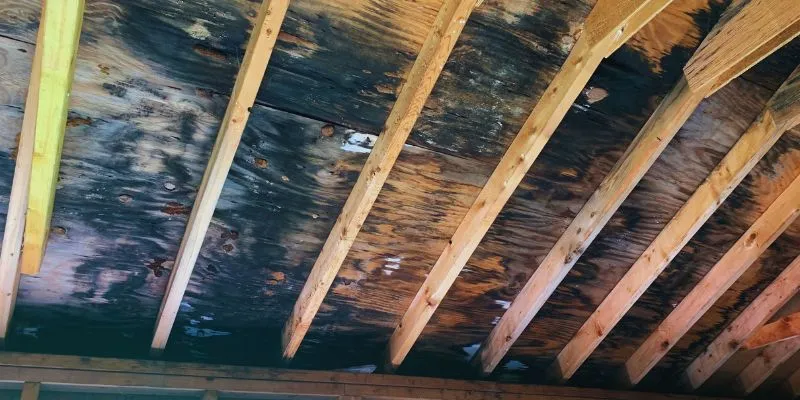
Respiratory Issues
The effect of black mold on the respiratory system is among its most frequent risks. Black mold spores taken in might irritate the lungs, throat, and nose. Often, this results in coughing, wheezing, nasal congestion, and sore throat. Those who currently have respiratory disorders, such as asthma or chronic obstructive pulmonary disease (COPD), run more risk. Black mold could aggravate their symptoms greatly. In severe circumstances, extended exposure may produce dyspnea or make breathing difficult. Black mold can aggravate asthma symptoms for individuals with the condition; hence, improper management might be fatal. The mycotoxins produced by the mold further aggravate respiratory problems by inflating the airways.
Allergic Reactions
A strong allergen, black mold, can trigger allergic reactions in sensitive people. Those with allergies could have a runny nose, skin rashes, sneezing, itchy eyes, and throat irritation around mold particles. Sometimes, these responses might be severe, resulting in throat swelling, trouble swallowing, and more mucus generation. Black mold can cause more frequent and difficult- to-control symptoms over prolonged contact. People with mold allergies, for instance, may begin to have recurrent colds or chronic sinusitis from ongoing contact. After prolonged contact with black mold, even those without a history of allergies may acquire sensitivity. Black mold is a major worry for families, particularly those whose children might not be able to express their concerns adequately.
Toxic Mold Syndrome
Another major health issue connected to black mold presence is toxic mold sickness, sometimes known as mold poisoning. It happens when people spend a lot of time around the mycotoxin released by black mold. These harmful substances can produce a spectrum of symptoms affecting different bodily areas. Typical complaints are tiredness, headaches, vertigo, and muscular aches.
Sometimes, people find it difficult to focus or complete everyday chores; they may have memory issues, struggle with concentration, or feel brain fog. These symptoms can be similar to those of fibromyalgia or chronic fatigue syndrome, which makes diagnosis challenging for doctors absent consideration of mold exposure. Moreover, prolonged mycotoxin exposure affects skin irritation, digestive issues, and a compromised immune system. Untreated, toxic mold syndrome can make reversing chronic medical problems difficult.
Weakened Immune System
Black mold can damage the immune system, impairing the body’s ability to fight illnesses. Those with impaired immune systems—that is, those undergoing cancer treatments, those living with HIV/AIDS, or those on immunosuppressive medications—should especially be cautious here. The toxins of black mold can reduce the body’s natural immunological reaction, increasing a person’s vulnerability to bacterial, respiratory, and other diseases. Children and older adults are more likely to have these issues because their immune systems might not be as robust as healthy adults. A compromised immune system can cause chronic infections, complicating recovery from common diseases like the flu or a cold. For those with underlying medical disorders, mold exposure might cause more major and long-lasting problems needing medical care.
Mental Health Effects
Black mold’s health hazards transcend mere physical symptoms. Studies of mold exposure have also linked it to mental health disorders, including anxiety, despair, and mood swings. The poisonous compounds produced by black mold, called mycotoxins, can mess with the nervous system. These poisons can induce brain fog, disorientation, and cognitive problems, whether inhaled or absorbed via the skin.
Those long-term black mold sufferers may develop irritation, mood changes, and even melancholy. Severe cases have linked mold exposure to neurological problems, including memory loss and trouble focusing. This mental fog can affect the quality of life and make it difficult to do daily chores. Living in a mold-infested environment over time can cause chronic stress, which only aggravates the general health consequences in psychological terms.
Conclusion:
Black mold is ultimately a major health hazard that one should not overlook. Its presence in wet, poorly ventilated regions can cause serious respiratory problems, allergic reactions, and even chronic diseases like toxic mold syndrome. Particularly in danger are the vulnerable—children, older people, people with compromised immune systems, etc. Prevention of long-term health issues and damage to your house depends on early discovery and quick response. Understanding the risks of black mold will help homeowners protect their health and provide a safer living environment for their families.






